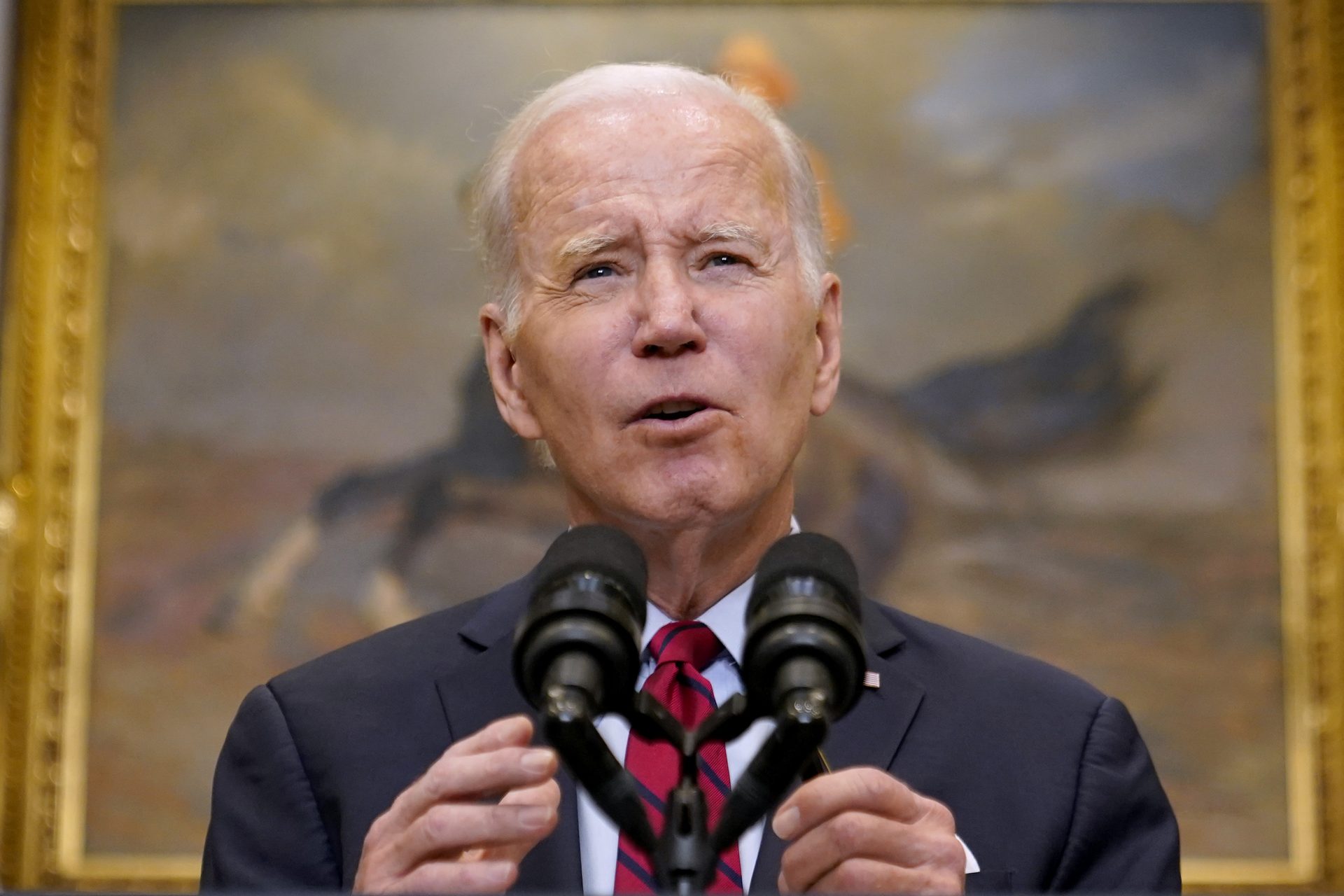MCALLEN, Texas – McAllen has missed out on a huge high tech manufacturing plant that would have seen a capital injection of $2 billion, utilization of 1.5 million square feet of industrial space off of Military Highway and Shary Road, and 1,500 high paying jobs.
But, the city did not lose the project to another location. Rather, the company, CubicPV, out of Bedford, Mass., decided not to go forward with plans to build the first silicon wafer factory in the United States.
The state-of-the-art plant would have produced enough material for 10 gigawatts of solar panels a year—sufficient to supply roughly 80% of the large-scale solar projects installed last year, according to the company.
Silicon wafers are a key piece of the solar industry supply chain. Currently, China controls about 97 percent of the market.
CubicPV, a startup backed by investors that include Bill Gates, issued this statement:
“Today, Cubic is sharing that we’ll focus all of our resources and the expertise of our team on bringing four-terminal tandem technology to market. We are shelving our plans to manufacture conventional silicon wafers in the U.S. and returning to our core competencies in innovation. The solar industry will move to tandem, and Cubic has an opportunity to lead that transformation.
“It has been an amazing journey since the IRA’s passage, when Cubic enthusiastically answered the nation’s call to build a domestic manufacturing industry that would transition America to renewable energy sources. Our engineers, scientists, and commercial teammates have exemplified what it means to be an agent of change in this industry. The hard work, intellect, and dedication they applied to this endeavor was truly amazing. We stand by each of them and will excitedly cheer on their future successes. We will do the same for Frank van Mierlo, who led Cubic for 16 years and worked tirelessly to bring manufacturing to the United States. There is no better team.
“Cubic will continue to be a center of scientific excellence and world-changing innovation by means of perovskite/tandem commercialization. Bringing this technology to market drives us every day and aligns with the spirit of invention that’s pervaded our organization since its beginning. There’s much more to come.”
IRA stands for the Inflation Reduction Act.
McAllen’s efforts to land the silicon wafer project were led by McAllen Economic Development Corporation. The Rio Grande Guardian International News Service understands McAllen was on a shortlist of two for the project, along with a city in Oklahoma.
Josh Mejia, founder of Mejia & Company, a specialized economic development consulting firm, was full of praise for McAllen EDC’s efforts to land the project.
“Some people might look at this as a loss. But I like to see the glass half full and everything that I saw, in terms of the effort that McAllen EDC put into this deal, and everything that they did, it’s proven that the interest could be there. And that’s exactly what we need to be able to continue to diversify the industries that we have,” Mejia told the Guardian.
Keith Patridge, McAllen EDC’s president and CEO, did not respond to a request from the Guardian for comment. He did, however, explain what happened at an MEDC board meeting last week, according to two Guardian sources. News media outlets are not permitted to attend MEDC board meetings because the organization is not subject to the Open Meetings Act.
“McAllen did everything it could to land the project. Everyone at city hall and the EDC should feel proud of their efforts,” one of the Guardian’s sources said.
“The reason Cubic changed plans is because the federal legislation changed and it was not a good business move to start a wafer plant here in the U.S. Also, Cubic lost its main customer, which would have purchased 60 percent of the product.”
Another source said: “McAllen had everything in place. It had the infrastructure, the property, and the state was ready to help with tax incentives, thanks to McAllen’s consultant, Eddie Lucio, III. Keith was pretty devastated when the news came through. He rightly believed this was going to be a game changer for the Upper Valley.”
Mike Willis, executive director of South Texas Manufacturers Association, said he was not aware McAllen was in the running for the CubicPV project. However, he praised McAllen EDC for its efforts to land “the big one.”
Willis said: “I will say, in general, that our region’s EDCs are constantly working hard to recruit prospects to relocate to or build new manufacturing facilities in the RGV. It is quite normal that only a few ‘land here’ because of the intense competition and (often) lucrative incentive packages that are offered by other regions and countries as well. This particular company apparently did not ‘reject’ McAllen – they rather made an economic decision to change their business model due to new competition from overseas for the product they had planned to make in the USA, if the Reuters article you reference is correct.”
McAllen City Manager Roy Rodriguez is one of the few city officials who has spoken publicly about Cubic’s decision not to go ahead with its project. But, appearing on KURV NewsTalk 710, Rodriguez did not mention the company by name.
“Well, you know what, we took that news hard, obviously, because it was going to be a good thing for the Rio Grande Valley. But, you know what, the next day the sun came up, and we were up running and so that’s what we’re going to do,” Rodriguez said.
“We’re going to continue to make that meter move, make that gauge move and go after a company like that.”
Asked what happened, Rodriguez said: “It had to do with the actual legislation that changed. What was going to bring that company here, because of their ability to compete was… all of those components had to be built in America. And that’s a good thing for all of us. And so they (Congress) changed that legislation, where they allow China to compete and then that changed the whole picture.”
Rodriguez continued: “So, for now, that project is gone. It is sad news because it’s out of our control. We did everything right, and we would have gotten that project. I felt very confident about it. So did the MEDC.”
MEDC was first approached about making a pitch for the Cubic project in October 2022. In December of that year Cubic issued a press release stating it would be creating ten gigawatts of conventional mono wafer capacity in the United States, “filling a marked void in the silicon solar value chain and capitalizing on its deep expertise in silicon wafer production.”
The press release continued: “The planned facility, the first of this scale to be announced in the United States, is expected to create 1,500 new direct jobs and meet the anticipated surge in demand for U.S.-produced wafers. Today, there is no high-volume silicon wafer production in the United States, and Cubic is the only U.S. company with a core competency in wafer manufacturing.”
Van Mierlo, Cubic’s CEO at the time said: “The IRA represents a titanic shift in the global solar landscape, and the U.S. is poised to become the world’s most competitive location to manufacture solar. We’re excited to have a role in the US manufacturing renaissance, while accelerating our business plan and supporting the development of our next generation tandem module technology.”
The press release added: “Cubic has started facility design, engaged with a construction management firm, and is currently in advanced discussions specific to the location for the facility. The Company expects to finalize the site choice during the first quarter of 2023, beginning construction soon after. Construction is anticipated to be completed in 2024 and the factory to be fully ramped in 2025.”
McAllen EDC’s Patridge did speak about a major manufacturing project potentially coming to his city when he spoke at a Citizen’s League event in June 2023. By then, McAllen was on a short list of two. Patridge said top executives from Boston, Mass., had paid a visit to McAllen to check out schools for their children. Texas Border Business Editor Roberto Gonzalez wrote about Patridge’s remarks.
“The new company on the horizon is a cutting-edge firm, set to become the largest and only commercial manufacturer of its product outside of China. This move, supported by the local government, will further boost McAllen’s industrial capacity,” Gonzalez wrote.
Patridge said quality of life issues are important when a company of this size makes a decision on location, along with educational opportunities.
“He (Patridge) said that one of the companies that he mentioned is already sending people to look at moving here. They’re coming from the east coast. He said that for the newcomers, two things were critical, education, and then what’s the community like as a place to live. He pointed out that one of them was a general manager that will run the plant,” Gonzalez wrote.
“In addition, he (Patridge) said that the last group that came in was a young family, probably in their mid-30s. His wife is an attorney and coming from Boston and they came in and they have three little girls, seven, five, and two. Well, guess what the most important thing to them was: education.”
William Norman, a writer for PV Tech, said CubicPV scrapped its plans for a 10GW US silicon wafer factory due to a “dramatic collapse” in prices.
In a news story for the publication, Norman wrote that Van Mierlo, a solar industry veteran, was stepping down from Cubic.
“CubicPV first announced plans for the 10GW facility in December 2022, which it said would be developed alongside its work on silicon-perovskite tandem solar technology. Over the course of 2023 the company received a US$103 million equity financing deal to support the factory, announced an engineering partner and, most recently, inked a US$1 billion polysilicon supply deal with South Korean-owned producer OCIM,” PV Tech stated.
“Concerns over solar module prices has been the reason for the abandonment of a number of solar manufacturing plans of late, but the majority have been in Europe. As discussed in a long read published today on PV Tech, the European manufacturing sector has been brought to its knees by drastically falling prices on solar imports that have pushed companies out of the marketplace.
“CubicPV is one of the first companies operating in the US to abandon manufacturing plans due to price pressure, as the Inflation Reduction Act (IRA) has had a cushioning effect for US companies. Incentives in the IRA, however, seem to have mostly stimulated investment into module assembly plants rather than the further upstream, more complex portions of the solar supply chain, like wafers, which CubicPV was targeting.”
According to Phred Dvorak, a writer with the Wall Street Journal, “most of the world’s solar panels are made from silicon, which is formed into ingots and sliced into thin wafers that can be chemically treated, cut into squares called cells and put into a frame for the final product. That ingot- and wafer-making piece takes a lot of energy, making it one of the costliest parts of the solar manufacturing process.”
The post McAllen was heavily in the running for a $2 billion manufacturing plant appeared first on Rio Grande Guardian.
 (2).png)
 6 months ago
149
6 months ago
149









 English (US)
English (US)